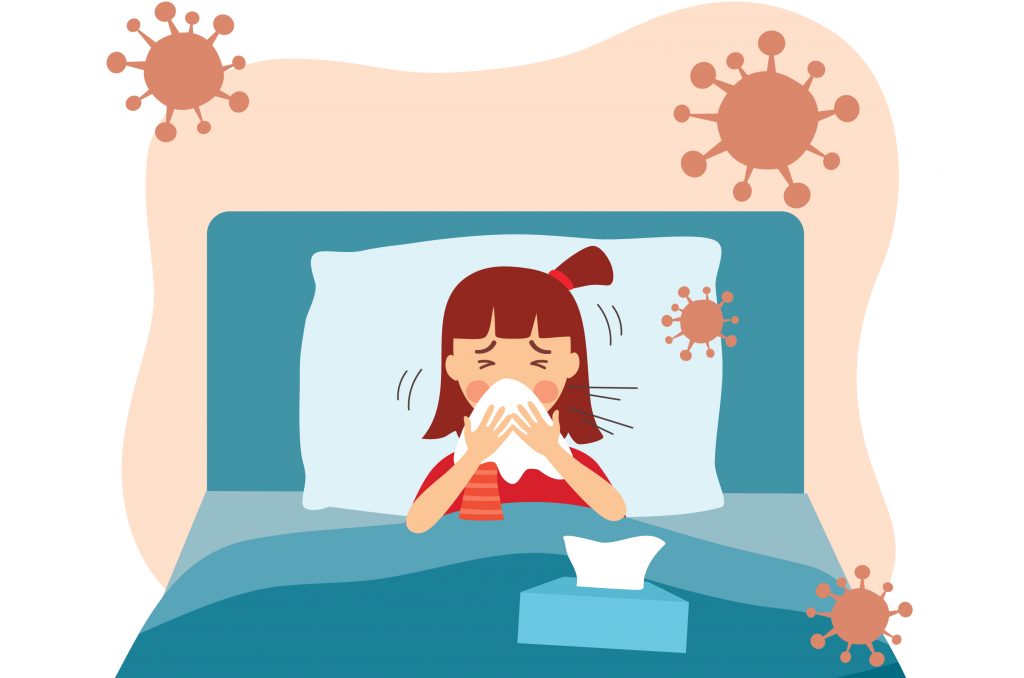Warmer weather brings a frustrating cycle of seasonal allergy problems for many people. Sneezing, watery eyes and nasal drainage are among the most-reported symptoms, but some individuals experience others that are less common, and people with conditions like asthma have their own set of concerns. T&S spoke with allergist and immunologist Dr. Hamsa Subramanian of Signature Medical Group for the scoop on seasonal allergies and what can be done to control them.
Q: What are some other signs of seasonal allergies?
A: Sufferers may not have symptoms like sniffling, sneezing and drainage; they may just experience itching when grass allergens are at their height. Eye itching is common when tree pollen is high, and the skin, ears, nose and throat may itch as well. Other people get headaches, ear pain and pressure, or a persistent cough. Some people experience a particular sound in the throat when they are suffering from allergies.
Q: Is it possible for a person’s allergy symptoms to vary over time?
A: Yes, some sufferers will notice more problems once they are no longer wearing a face mask. Also, some people may experience different symptoms this season than they did last year. If you take a medication like an antihistamine and it only works on some of your symptoms, you may end up with more issues like congestion because you have only been partially treated. It’s important to see a doctor to find out what the best individual therapy plan is. It’s also worth noting that if a mask helps your symptoms, you should wear one while mowing the lawn and doing other yardwork.
Q: Does where you live affect the seriousness of your allergies?
A: It plays a big role. For example, if you live close to a park with trees and pollen, or you are on an open piece of land with a lot of grass, you may have more problems. If you live in an apartment complex where the grass is mowed regularly, keep your windows closed during that time. You’ll also notice that if you travel to a drier state like Arizona, you may not have as many issues because they tend to plant different types of grass there. Seasonal allergy sufferers may be better off living in an urban area with fewer trees, gardens, grasses and pollen.
Q: What do asthma patients need to know about allergies?
A: There is a condition called allergic asthma or allergy-induced asthma that flares up when you are exposed to substances to which you are sensitive. If you have it, you should follow up regularly with a doctor. Controlling your allergies may mean you can use less asthma medication.
Q: Is it helpful to monitor seasonal pollen counts before going outside?
A: It definitely can be beneficial and reassuring for allergy patients. Even if you just want to go for a walk or sit in the park, you should check the pollen count. It may be lower in the afternoon when the sun is out, so you can enjoy being outdoors with less discomfort.
Q: What are some solutions for spring allergy relief other than medication?
A: When you’re spending time indoors, keep your windows closed. If you have pets that go outside, keep them bathed and groomed so they carry less pollen into the house. Use rewetting drops for eye symptom relief, and try a saline spray to rinse the pollen from your nasal passages. Two sprays in each nostril, four to five times a day, can be very helpful.
